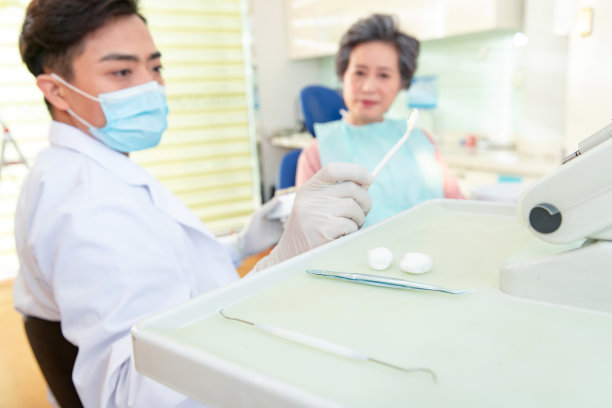Understanding the Experience and Care Involved in Extracting a Tooth for Better Oral Health
Summary: Extracting a tooth is often perceived as a daunting experience, but it plays a crucial role in maintaining better oral health. In this article, we delve into the complex nature of tooth extraction, exploring the reasons necessitating this procedure, the emotional and psychological aspects connected to the experience, and the essential aftercare needed for recovery. By understanding these facets, patients can better navigate the journey of tooth extraction, reducing anxiety and fostering a more proactive approach to their overall dental health. This comprehensive exploration aims to enlighten readers on the importance of proper dental care following an extraction, ensuring long-term oral wellness.
1. Reasons for Tooth Extraction

Tooth extraction is a dental procedure often required for various reasons, including severe decay, overcrowding, and periodontal disease. When a tooth is beyond repair due to extensive damage from cavities or infections, extraction is typically recommended by dental professionals. This step is essential for preventing further dental complications and safeguarding the surrounding teeth.
Additionally, in cases of overcrowding, especially when preparing for orthodontic treatments, dentists may advise the removal of specific teeth. This procedure allows for better alignment of remaining teeth and promotes improved dental health. In more severe cases, wisdom teeth may also be extracted to prevent them from becoming impacted, which can lead to infections and discomfort.
In summary, understanding the underlying causes that necessitate tooth extraction can help patients prepare for and accept this common dental procedure. A knowledgeable approach can alleviate some of the fears and uncertainties associated with the experience.
2. Emotional and Psychological Aspects
The emotional journey leading up to a tooth extraction can often be fraught with anxiety and fear. Many patients harbor apprehensions about pain, recovery time, and the overall impact on their lifestyle. These feelings are entirely natural, as dental procedures typically carry a degree of discomfort and uncertainty.
Moreover, societal perceptions about dental extractions, often fueled by negative experiences or portrayals in media, can exacerbate these fears. To mitigate anxiety, patients are encouraged to openly communicate their concerns with their dental provider, who can provide reassurance and thoroughly explain the procedure.
Moreover, employing relaxation techniques, such as deep breathing or listening to calming music during the procedure, can significantly reduce stress levels. Its vital for patients to remember that understanding the emotional landscape of tooth extraction is an integral part of the healing process.
3. Steps for Proper Aftercare
Effective aftercare following a tooth extraction is crucial for promoting healing and preventing complications. Immediately after the procedure, patients should bite down on gauze to manage bleeding and avoid rinsing their mouths for the first 24 hours. This practice helps to form the blood clot essential for healing in the extraction site.
After the initial recovery period, maintaining proper oral hygiene is paramount. Patients are advised to gently rinse their mouth with warm salt water after 24 hours to reduce swelling and maintain cleanliness. Additionally, avoiding hard, spicy, or hot foods can aid in a smoother recovery.
Pain management is also a critical aspect of aftercare. Dentists may prescribe medications to alleviate pain and discomfort. Following the prescribed dosage accurately ensures a more comfortable post-extraction experience and supports the overall healing process.
4. Importance of Professional Follow-Up Care
Follow-up appointments with a dental professional are vital for a successful recovery after tooth extraction. These visits allow dentists to monitor the healing process and address any potential complications promptly. Patients should schedule appointments as advised to ensure that their recovery is progressing as expected.
In addition to monitoring healing, follow-up visits can also provide opportunities for dentists to discuss other essential dental care recommendations. Patients may receive tips on maintaining oral hygiene and guidance on necessary future treatments, including replacements for extracted teeth.
Building a strong relationship with a dental care provider can enhance a patient’s overall dental health journey. Regular check-ups can facilitate early detection of any arising issues, paving the way for timely intervention and effective treatment.
Summary:
Understanding the multifaceted experience of tooth extraction, from its necessity to the emotional impact and importance of aftercare, can empower patients to participate actively in their dental health journeys. As we reiterate the importance of professional guidance and follow-up care, we highlight the potential for a positive recovery experience when patients approach dental procedures with knowledge and preparedness.
This article is compiled by Vickong Dental and the content is for reference only.



